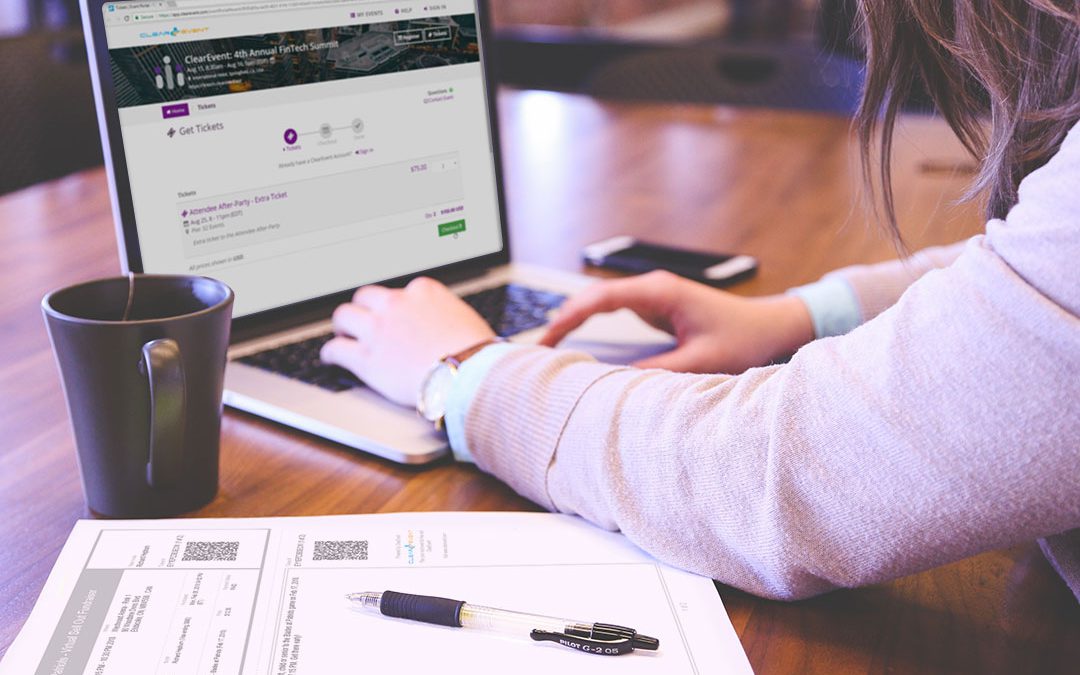
Top Event Industry News Sites, Blogs & Resources
Why Following Event Industry News is Essential for Professionals
The event industry is dynamic, with new technologies, trends, and regulations emerging regularly. Staying informed enables you to make data-driven decisions, enhance your event strategies, and stay ahead of the competition. By following reputable event news sites and blogs, you gain insights that can streamline your event management process and drive better results.
Top Event Industry News Sites to Bookmark Today
Here are some leading event news platforms that every professional should keep in their digital toolkit:
Event Marketer (eventmarketer.com)
If you’re looking for inspiration, Event Marketer is a go-to resource. Covering everything from event strategies to the latest in experiential marketing, their content is insightful and actionable. With case studies, research, and news, this site offers a comprehensive view of the event marketing landscape.
Event Industry News (eventindustrynews.com)
This online publication provides breaking news, analysis, and event industry insights. Whether you need the latest updates on event tech, industry trends, or practical tips for event management, Event Industry News covers it all.
Suggested reading: For a glimpse into the future of events, check out their article, “What Will the Events Industry Look Like in 2049,” offering expert predictions and insights on how the industry may evolve in the coming decades.
Special Events (specialevents.com)
Special Events is packed with creative inspiration and expert advice for event professionals. It features event planning tips, the latest industry news, and reports on new venues and services. This site is perfect for discovering fresh ideas and staying up-to-date on industry developments.
Must-Read Event Planning Blogs for Insight and Inspiration
Alongside news sites, there are many blogs written by event experts, planners, and marketers that offer valuable tips, tricks, and strategies.
Endless Events Blog (helloendless.com/blog)
Endless Events shares content on everything from event tech trends to event planning strategies. Their blog is highly engaging and covers a wide range of topics relevant to event professionals. For those seeking in-depth guides and industry news, Endless Events is a valuable resource.
Eventbrite Blog (eventbrite.com/blog)
Eventbrite’s blog is a treasure trove of resources for event planners, providing insights on event promotion, marketing strategies, and attendee engagement. It’s particularly useful for those looking to enhance their event marketing tactics or learn more about event trends.
While exploring Eventbrite’s marketing strategies, consider how ClearEvent’s all-in-one event management platform can help bring these tactics to life. ClearEvent integrates marketing tools, attendee registration, and communication features, making it easier to implement strategies like the ones discussed on the Eventbrite blog.
Essential Event Planning Resources for Mastering Your Craft
To excel in the event industry, having the right tools and resources at your fingertips is key. Here are some go-to resources every event professional should explore.
BoldPush Insights (boldpush.com)
Founded by experienced industry expert, Julius Solaris, BoldPush Insights provides a wealth of knowledge, particularly through its newsletter. It’s packed with strategies, trends, and advice for navigating the complex world of events. Signing up for this newsletter is a must to stay in the know.
Get fast-tracked and stay ahead of the ever-evolving event industry, consider subscribing to the BoldPush Insights newsletter.
Smart Meetings (smartmeetings.com)
Smart Meetings is a trusted resource for event professionals seeking expert insights on corporate event planning, destination ideas, industry news, and practical tips.
Blog highlights:
- Access detailed articles on corporate event planning, from strategies to seamless execution.
- Explore comprehensive destination guides to find the perfect venue for any event.
- Stay informed with industry news, tips, and tricks to keep your event planning on point.
Suggested reading: Check out their article, “5 Strategies to Ensure Your Event Lasts Year Over Year,” which provides actionable tips for creating sustainable, recurring events.
ClearEvent Blog (clearevent.com/blog)
Of course, our very own ClearEvent blog is designed to provide event professionals with the latest event management tips, product updates, and industry insights. From event planning guides to best practices for using an all-in-one event management platform, we cover it all.
Leveraging Industry Insights to Streamline Your Event Management
Utilizing the resources above can greatly enhance your event planning and execution strategies. From mastering marketing tactics to implementing the latest event technology, keeping up with these news sites and blogs will keep you informed and ready to innovate.
Streamlining your event management process is key to success. ClearEvent’s platform offers an all-in-one event management solution designed to simplify registration, communication, budgeting, and more. Whether you’re a small event, trade organization or a large-scale event planner, ClearEvent’s intuitive features can help you save time and enhance your event’s efficiency. Visit our pricing page to see how our platform can benefit professionals at every level.
Stay Updated and Thrive in the Event Industry
The event industry is full of possibilities, but it requires staying up-to-date with the latest knowledge and tools. By following these news sites, blogs, and resources, you’ll gain a competitive edge, inspire creativity, and ensure your events are a success.
Final Tips for Maximizing Your Knowledge
- Make it a habit to read daily or weekly updates from these sites.
- Participate in industry forums and groups to engage with other professionals.
- Continuously learn and adapt your strategies based on the latest trends and insights.
See How ClearEvent Simplifies Your Events
Ready to elevate your event management? Schedule a personalized demo with an event specialist to explore ClearEvent's full potential.




